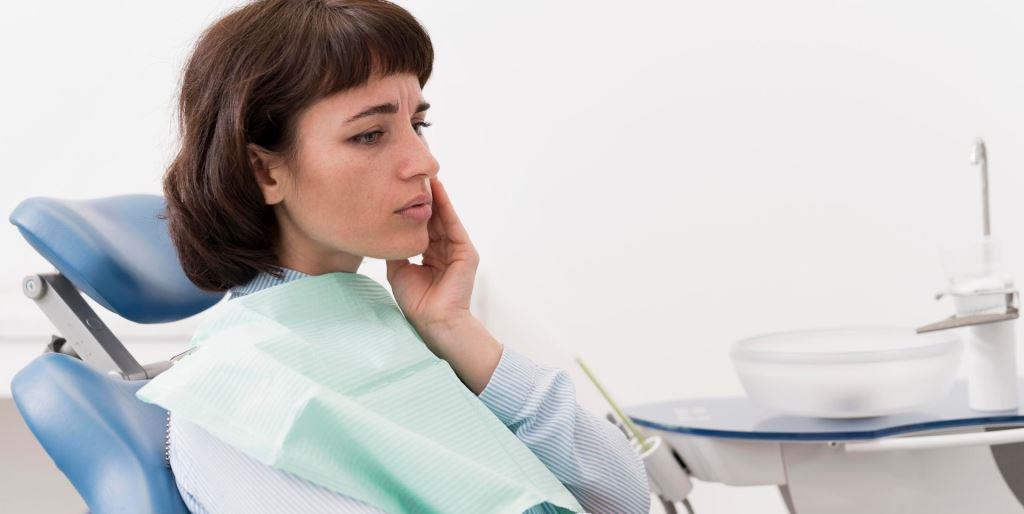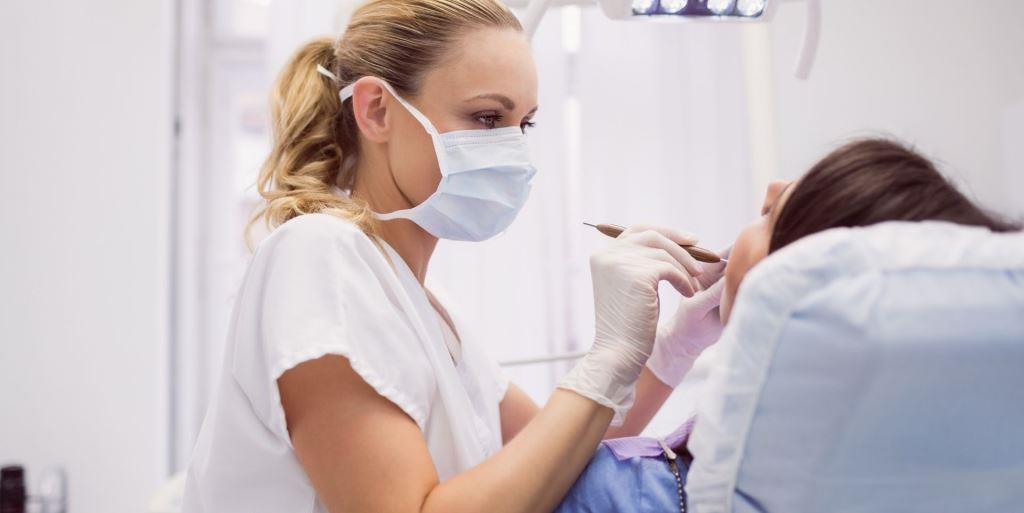Pain that comes on suddenly and gets worse can mean inflammation in your mouth. However, it is not the tooth itself, but the bone - or more precisely, you could be dealing with periostitis. This is an ailment that can affect people of all ages (even babies) and, if left untreated, can lead to a number of unpleasant consequences. If you too suspect inflammation of the periosteum of a tooth, make an appointment with your dentist immediately.
What are the symptoms?
Inflammation of the periosteum of a tooth is signalled by severe, worsening pain, and you may also experience headaches, swelling and an elevated body temperature. You may also experience reddened skin and swelling. Because of the pain, you may have difficulty eating and drinking freely, or even speaking. Patients also complain of a lack of appetite and chills.
The periosteum is a very highly innervated tissue, hence the appearance of the extremely severe complaints. Remember, too, that 'periostitis' is a term that is used to simplify and better illustrate the condition. Teeth do not have periosteum - here the 'infected' part of the jawbone or jawbone is the periosteum.
Do you feel the pain stop? Don't celebrate success - just because the pain is less doesn't mean your body has been able to deal with the inflammation on its own. It can still develop and, if untreated, leads to many, dangerous complications.

Inflammation of the tooth periosteum - causes
You may be faced with inflammation of the periosteum of a tooth if root canal treatment has been carried out incorrectly in the past. The tissue may have been disturbed, allowing bacteria to invade.
Another cause may be an improperly performed extraction tooth, or more precisely, the unremoved piece of root that caused the inflammation.
Untreated tooth decay is also not insignificant and can cause inflammation not only of the periosteum but also of other tissues. Therefore, under no circumstances should you ignore it! Read more about this condition in our article: "Tooth decay - where does it come from, how to treat and prevent it?".
Importantly, during the interview collected by the dentist, he may ask you about recent illnesses and infections. You need to know that tonsillitis, cystitis or other illnesses are not irrelevant here and can also cause inflammation. So can reduced immunity.
It is also important to determine precisely what triggered the inflamed tissue reaction. Furthermore, the dentist needs to know how large an area the inflammation covers. To do this, the specialist will take an X-ray to pinpoint the precise location of the lesions.
In some cases, laboratory tests will be necessary.

How to cure periosteal inflammation of the tooth?
When the periosteum of a tooth becomes inflamed, root canal treatment is necessary. In some cases, however, the dentist is forced to remove the affected tooth. If the treatment or extraction is not carried out quickly enough, an abscess may develop. Therefore, we repeat once again: do not underestimate anything that worries you in your mouth. It is much better to start treatment sooner than later!
Does root canal treatment scare you? Don't be. Read our article: "Root canal treatment under the microscope in the UK". In our practice, we carry them out precisely and painlessly, so you don't have to worry.
The same is true in the case of extraction - if a tooth cannot be saved, you can count on professional care and support from specialists at our office. We will also advise you on what to do next!

How to prevent inflammation?
There is no other advice here than to visit your dentist on a regular basis. In this way, you are able to prevent tooth decay and other diseases that cause all kinds of illnesses and ailments in good time.
Also ensure perfect oral hygiene on a daily basis. No excuses here! Brush your teeth preferably after every meal, but at least twice a day. Don't forget to floss! Read our article and make sure you take proper care of your smile: "(Not) proper oral hygiene - the 10 biggest mistakes".
If you are looking for a Polish dentist in the UK, you have come to the very right place. Contact us today and make an appointment!

